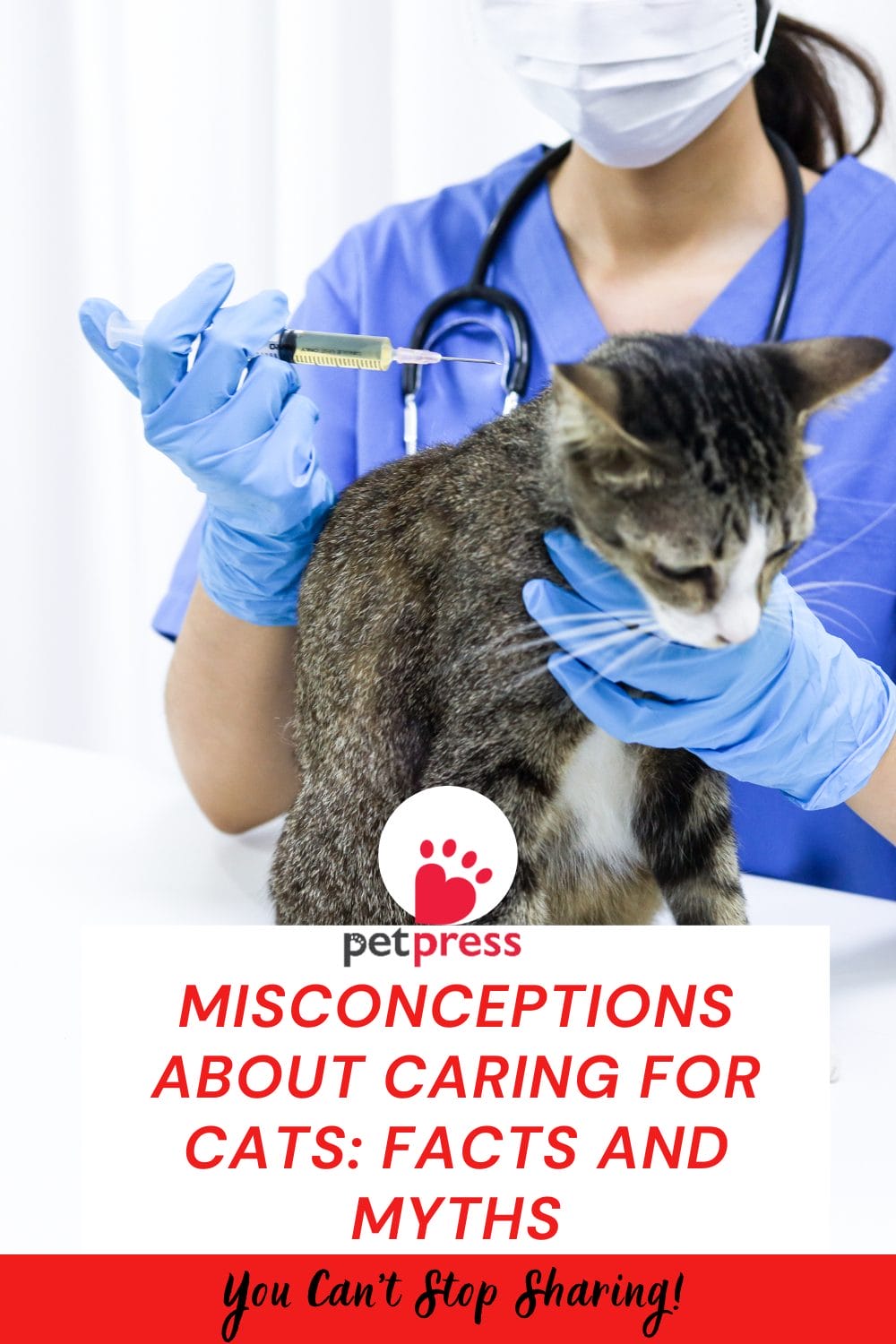
Cats have been companions to humans for thousands of years, cherished for their independence, beauty, and playful personalities.
However, despite the long history of living alongside these enigmatic creatures, many myths about cat care continue to persist.
From what they eat to how they should be treated, these misconceptions can lead to poor decisions in cat ownership, potentially harming the pet or causing unnecessary stress for both the animal and its owner.
In this post, we’ll explore and Misconceptions About Caring for Cats, revealing the facts behind them, and providing valuable insights on how to best care for your feline friend.
Whether you’re a seasoned cat owner or a first-time adopter, this guide will help you make informed decisions about your pet’s health, diet, and behavior.
History and Significance of Cats in Human Society
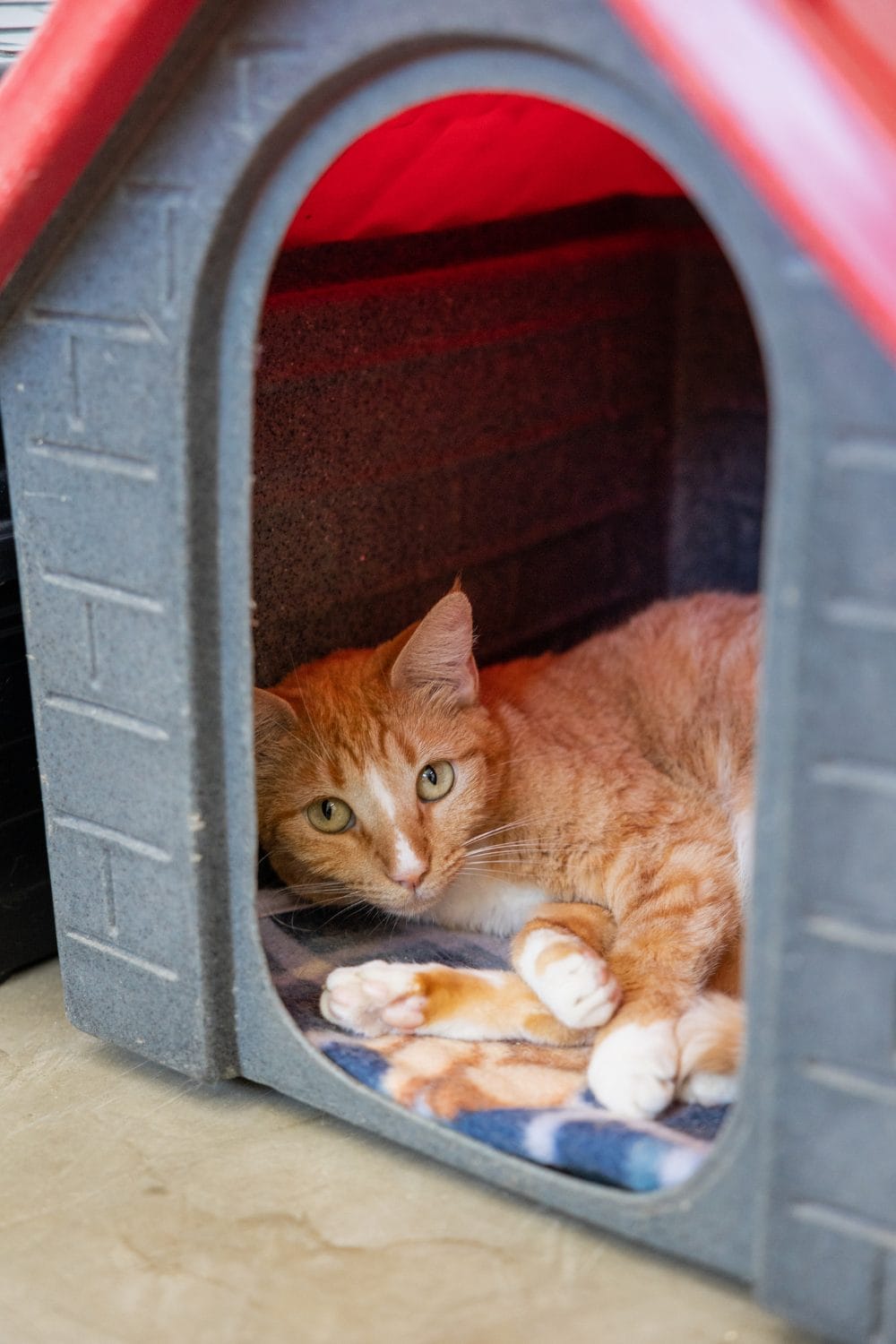
Cats have a fascinating history, dating back over 9,000 years to ancient Egypt, where they were revered as sacred creatures.
Over time, cats spread throughout the world, often praised for their ability to control pests, particularly rodents.
They became integral parts of human communities and, eventually, beloved companions in homes across the globe.
Today, cats are among the most popular pets worldwide, with millions of households considering them cherished members of the family.
Cats’ significance goes beyond their role as pets. Historically, they have been symbols of mystery, independence, and intelligence in many cultures.
Ancient Egyptians even worshipped them, and over time, their symbolism evolved to represent grace and elegance.
Despite their popularity, Misconceptions About Caring for Cats continue to circulate, often based on misunderstandings or outdated beliefs.
Common Misconceptions About Caring for Cats
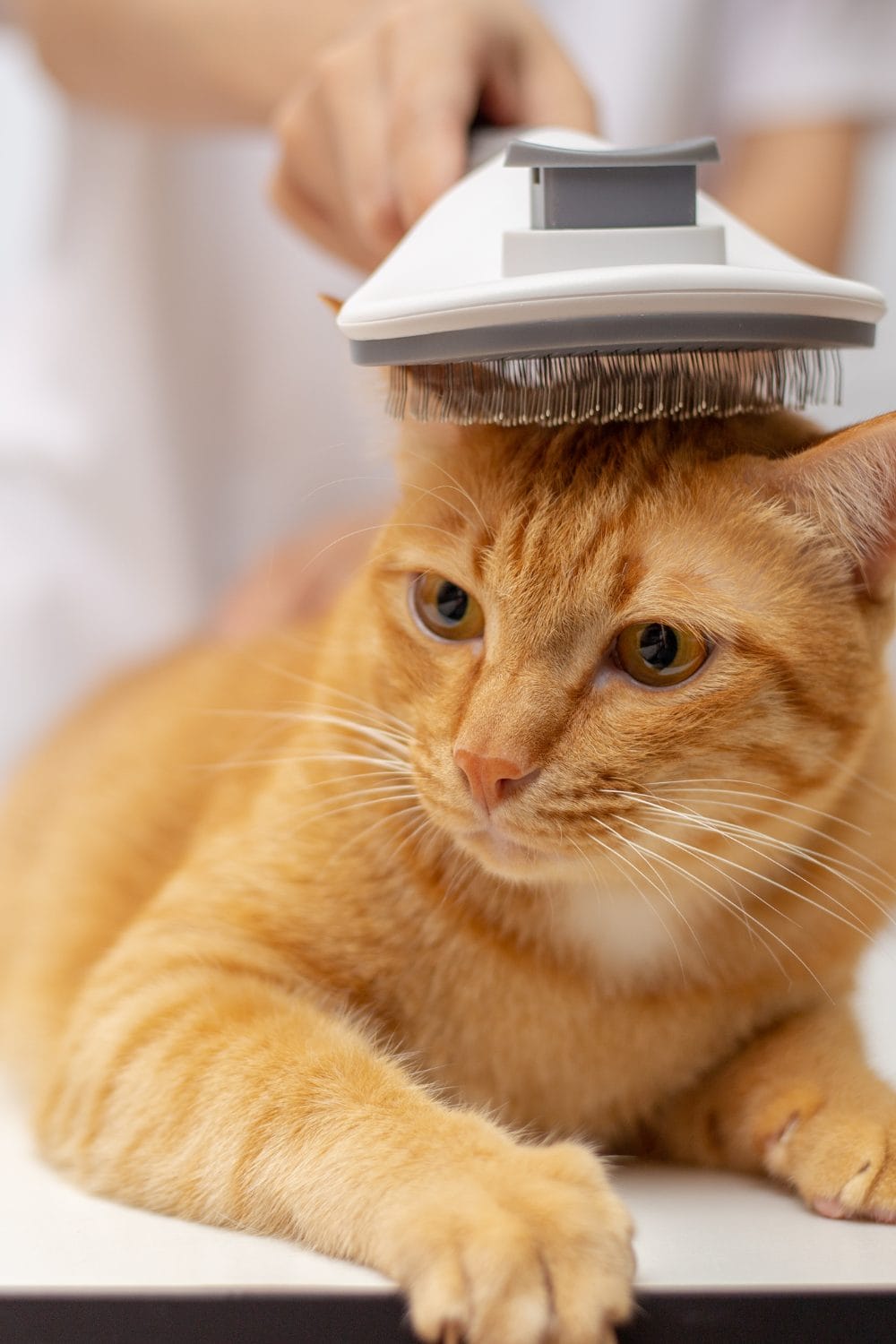
Let’s delve into some of the most Misconceptions About Caring for Cats and separate the truth from fiction.
# Myth 1: Cats Should Be Left Alone for Long Periods
Many people believe that cats are solitary creatures that don’t need human interaction and can easily be left alone for long stretches of time.
While it’s true that cats are generally more independent than dogs, this doesn’t mean they should be neglected.
Fact
Cats do need social interaction. While they may not require as much constant attention as some other pets, they still benefit from playtime, cuddles, and companionship.
Cats can become bored, anxious, or depressed if left alone for extended periods.
Providing them with toys, climbing spaces, and engaging activities will help keep them stimulated in your absence.
#Myth 2: Cats Don’t Need Regular Vet Visits
Some cat owners believe that cats are low-maintenance animals that don’t need regular check-ups. After all, cats often seem to take care of themselves, right?
Fact
Like all pets, cats require regular veterinary care to ensure their health and well-being.
Cats are masters at hiding signs of illness, and by the time symptoms appear, they may already be quite ill.
Regular vet visits are essential for vaccinations, parasite control, dental care, and early detection of health problems.
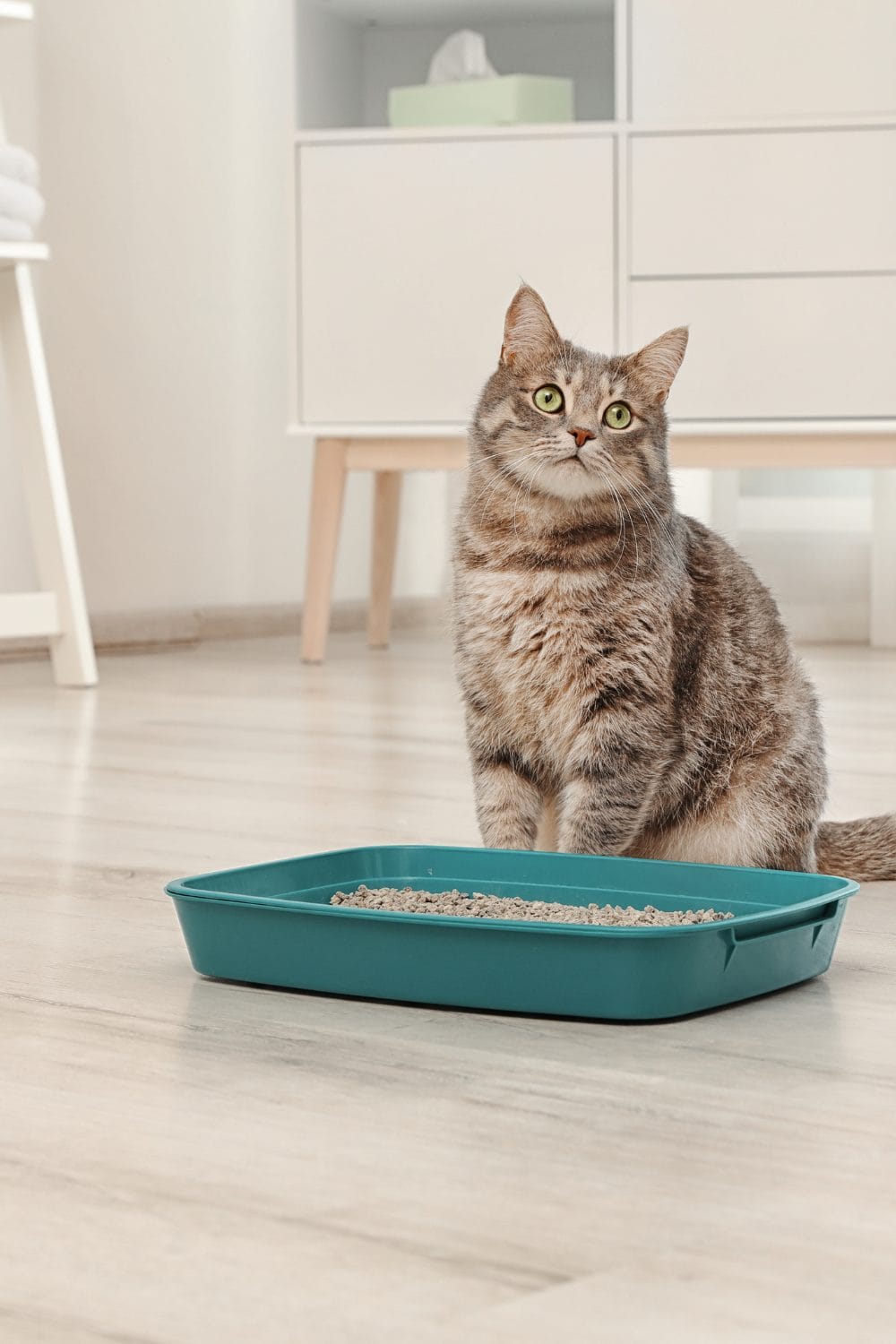
#Myth 3: Cats Should Eat Only Dry Food
Another common misconception is that cats should be fed dry food exclusively. The convenience of dry food makes it a popular choice for many cat owners, but is it really the best option?
Fact
Cats are obligate carnivores, meaning their diet should be primarily protein-based, and they require moisture in their food to stay hydrated.
While dry food can be a part of their diet, it’s not ideal to rely on it exclusively.
Wet food is essential for maintaining hydration, supporting urinary tract health, and providing balanced nutrition.
A mix of both wet and dry food can provide the best nutrition for your cat.
#Myth 4: Cats Always Land on Their Feet
This popular myth stems from the belief that cats possess an innate ability to always land on their feet when falling.
While it’s true that cats have a remarkable ability to right themselves mid-air, this doesn’t mean they’re immune to injury.
Fact
Cats have a “righting reflex” that helps them land on their feet in many situations, but it’s not foolproof.
Cats can still suffer from injuries like broken bones, internal injuries, or even death from falls, especially from high places.
It’s important to take precautions to prevent your cat from being in situations where they might fall, such as keeping windows or balconies secured.
#Myth 5: Cats Don’t Need to Be Groomed
Some cat owners assume that their cats are self-sufficient when it comes to grooming.
After all, cats are known for licking themselves clean, so they must be doing just fine, right?
Fact
While cats do groom themselves to some extent, they still need regular grooming from their owners.
Long-haired breeds, in particular, can develop mats and tangles if not brushed regularly.
Additionally, grooming is essential for preventing hairballs, maintaining healthy skin, and reducing shedding. Regular brushing also provides an opportunity to check for parasites or skin conditions.
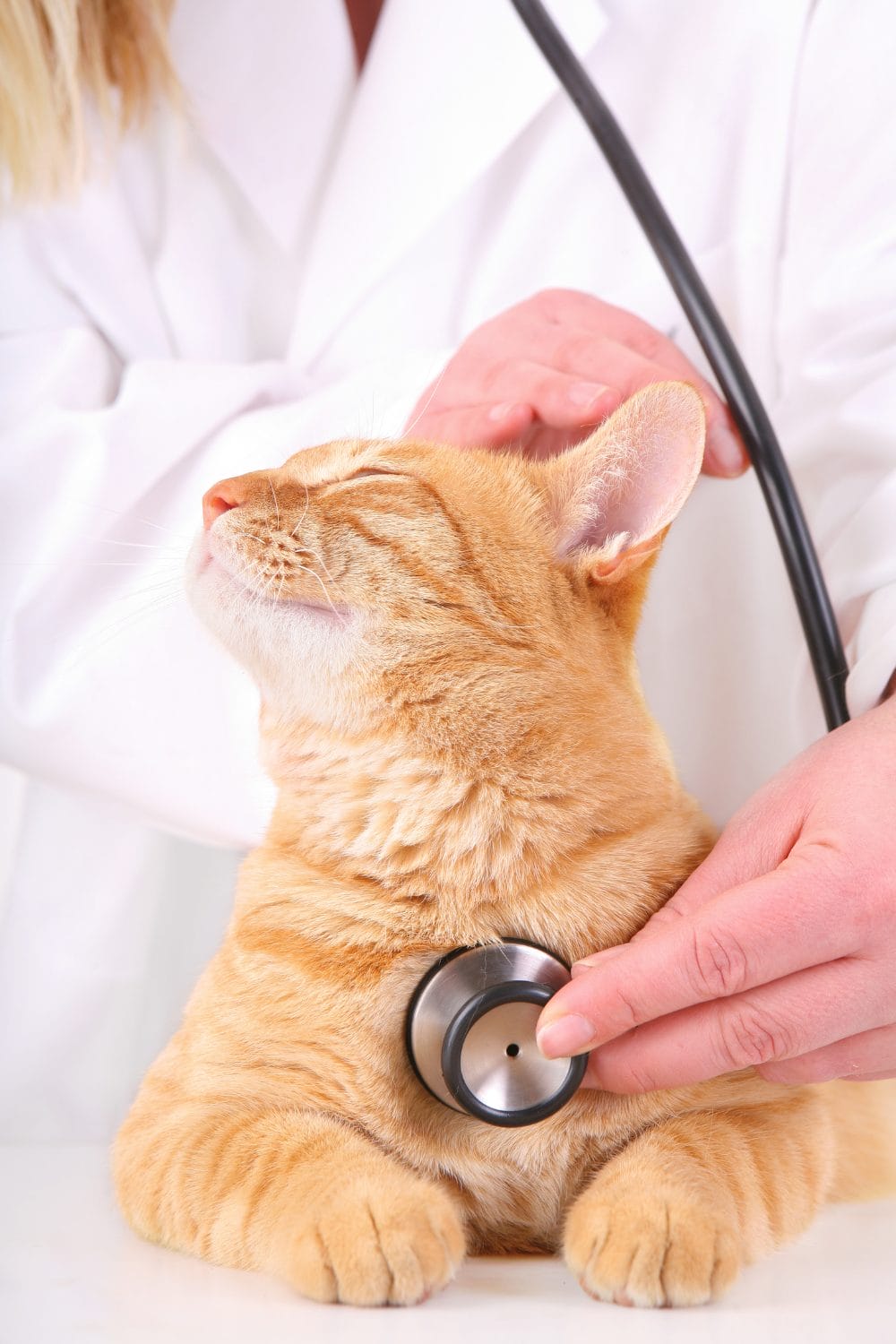
The Importance of Proper Cat Care
Cat care is about more than just feeding your pet and providing a litter box.
Proper care ensures your cat remains healthy, happy, and mentally stimulated. Here are a few reasons Misconceptions About Caring for Cats is essential:
- Health and Well-Being: Regular vet visits, proper nutrition, and attention to grooming ensure your cat’s physical health and comfort.
- Longevity: A well-cared-for cat will live a longer, healthier life. Cats can live well into their teens and even early twenties with proper care.
- Mental Stimulation: Cats need mental stimulation and enrichment, which can help prevent behavior problems and boredom. Engaging toys, scratching posts, and interaction with their owners can keep them happy.
- Strengthening the Bond: Consistent care strengthens the bond between cat and owner, leading to a more rewarding and affectionate relationship.
Benefits of Cat Care
Taking the time to properly care for your cat offers numerous benefits for both you and your feline companion:
- Healthier Cat: Proper diet, hydration, and medical care keep your cat in optimal health, reducing the risk of illness.
- Better Behavior: Regular playtime and mental stimulation can help prevent destructive behaviors such as scratching furniture or excessive meowing.
- Stronger Bond: A cat that receives adequate attention and care will form a stronger attachment to its owner, leading to a more affectionate and trusting relationship.
- Peace of Mind: Knowing that your cat is well-cared for gives you peace of mind and satisfaction, knowing you’re doing your best to ensure their happiness and well-being.
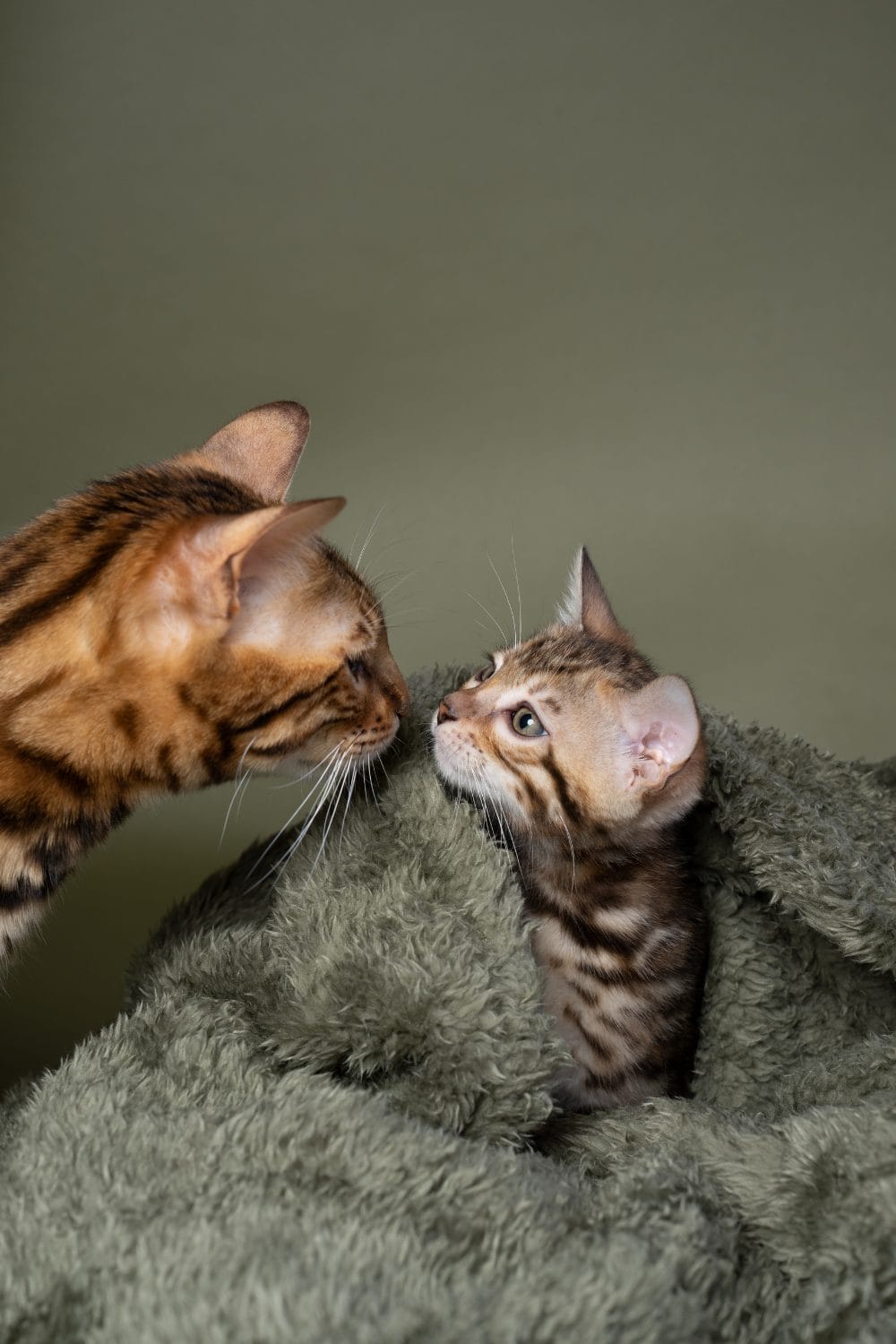
Tips for Effective Cat Care
Here are some practical tips for providing the best care for your cat:
Feed a Balanced Diet
Offer a combination of wet and dry food to ensure your cat’s nutritional needs are met.
Always check with your vet for specific dietary recommendations based on your cat’s age, weight, and health condition.
Provide Fresh Water
Cats are prone to urinary tract issues, so always ensure your cat has access to fresh water.
Consider using a cat water fountain to encourage hydration.
Create a Safe Environment
Ensure your home is safe for your cat by securing windows, balconies, and removing any hazardous items that could cause injury.
Engage in Regular Play
Interactive play with toys can help reduce stress, improve fitness, and strengthen the bond between you and your cat.
Provide Scratching Posts
Cats need to scratch to maintain their claws and mark territory. Offering appropriate scratching posts can save your furniture and satisfy your cat’s instincts.
Conclusion
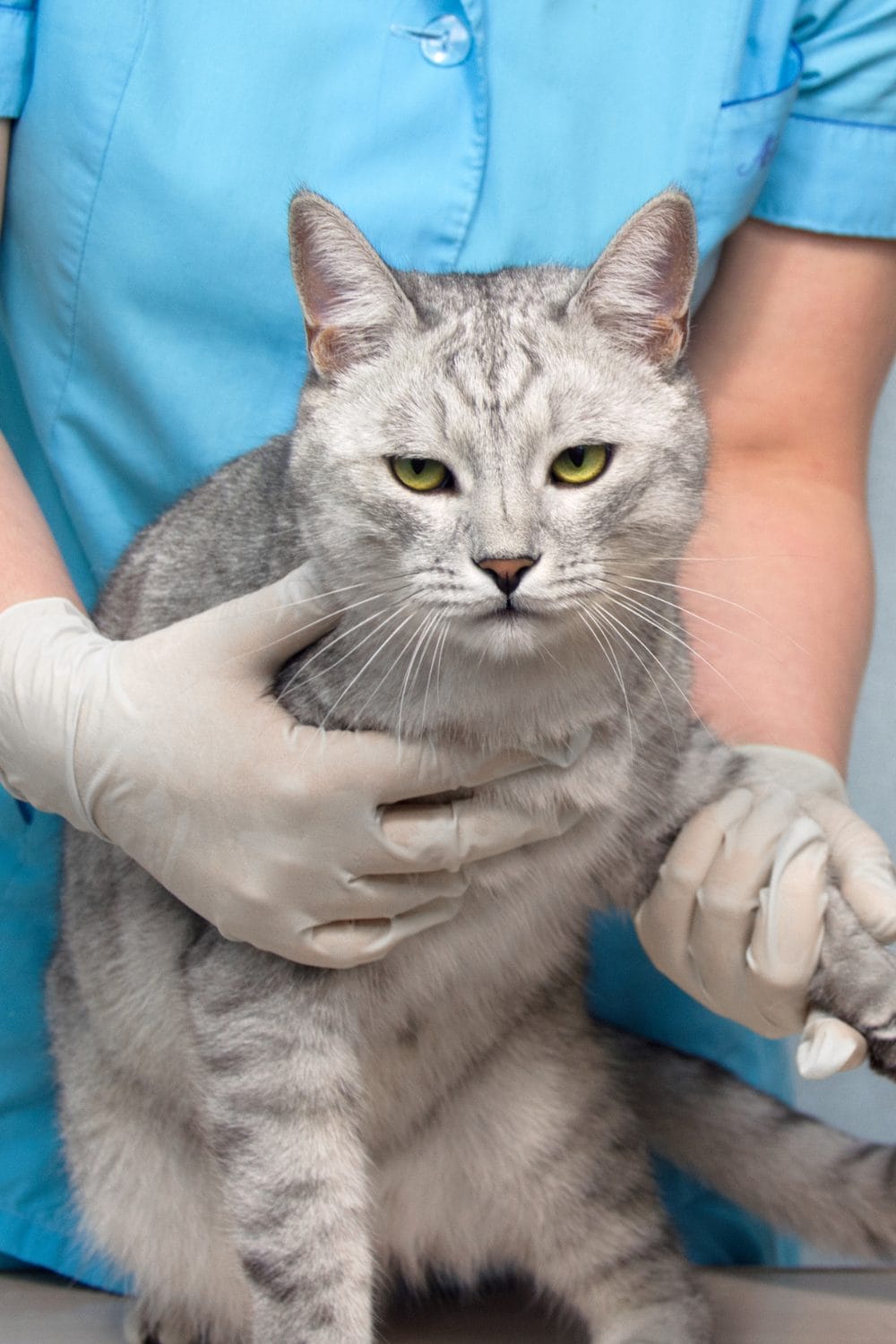
Caring for a cat is a rewarding experience, but it’s important to separate myths from facts when it comes to their care.
From diet to grooming, proper cat care ensures a healthy, happy life for your feline friend.
By Misconceptions About Caring for Cats, we can provide more accurate, effective care for our pets, fostering a relationship based on trust and love.
Remember, every cat is unique, so be sure to observe your pet’s specific needs and consult with your vet to provide the best care possible.
5 FAQs About Cat Care
Cats should visit the vet at least once a year for a check-up, vaccinations, and parasite prevention. Senior cats or those with health issues may need more frequent visits.
While small amounts of certain human foods (like plain chicken) can be safe for cats, most human food is not suitable. Avoid feeding cats chocolate, onions, garlic, alcohol, or any food that’s toxic to them.
Provide scratching posts or pads and encourage your cat to use them by placing them near areas they like to scratch. You can also try using soft nail caps or regular nail trimming to reduce damage.
Cats generally do not need regular baths unless they get into something dirty or sticky. However, some long-haired cats may benefit from occasional baths to keep their fur clean and prevent tangling.
Signs of stress in cats can include changes in behavior, such as hiding, excessive grooming, loss of appetite, or changes in litter box habits. Reducing stressors and providing a calm environment can help.
- Dogs Pooping Blood: A 2026 Guide for Concerned Pet Parents - February 23, 2026
- How to Celebrate a Dog’s First Birthday on a Budget: 2026 Guide - February 18, 2026
- Best Shampoo for Sensitive Skin Dog Grooming: 2026 Guide - February 12, 2026


GIPHY App Key not set. Please check settings